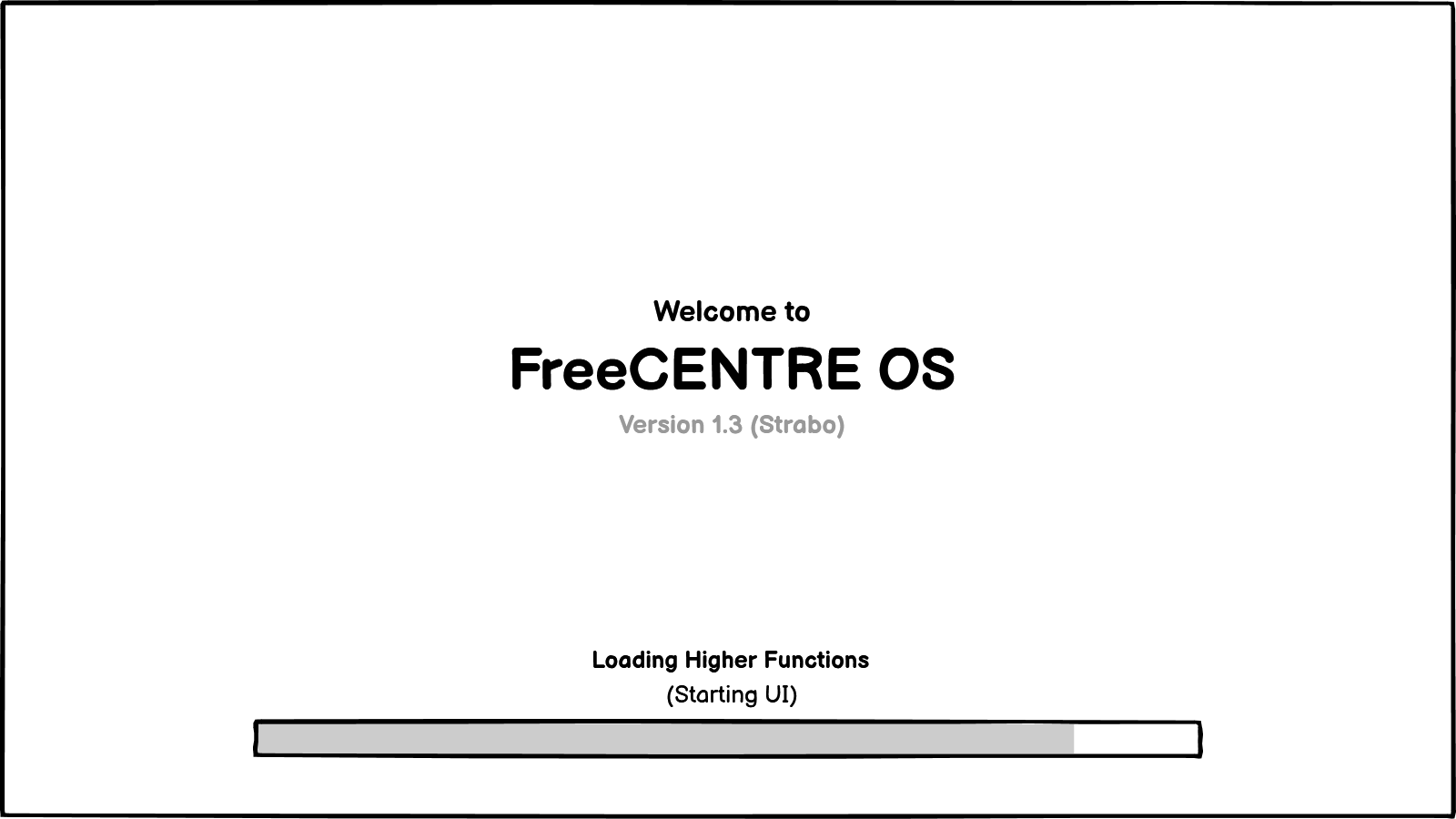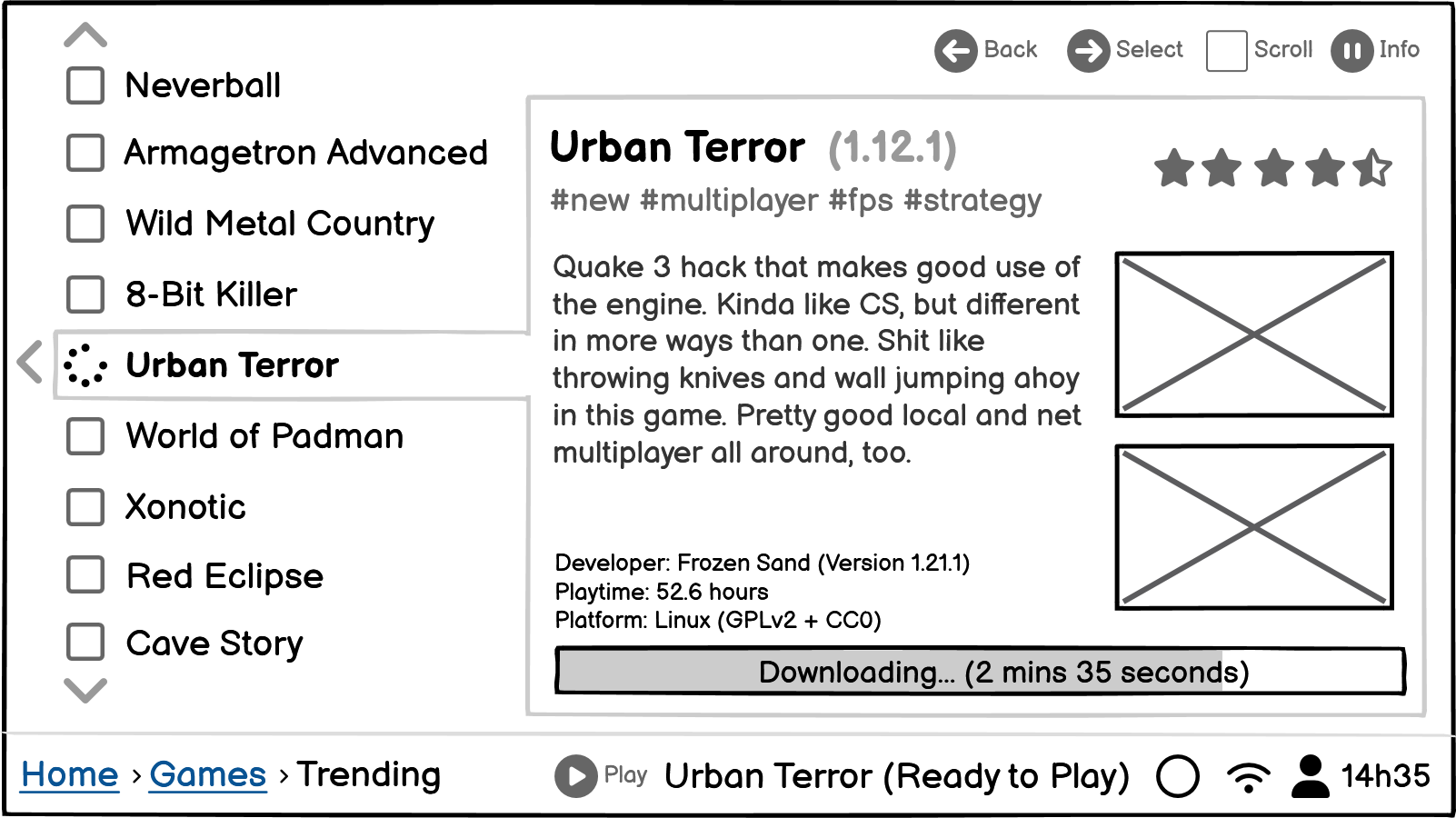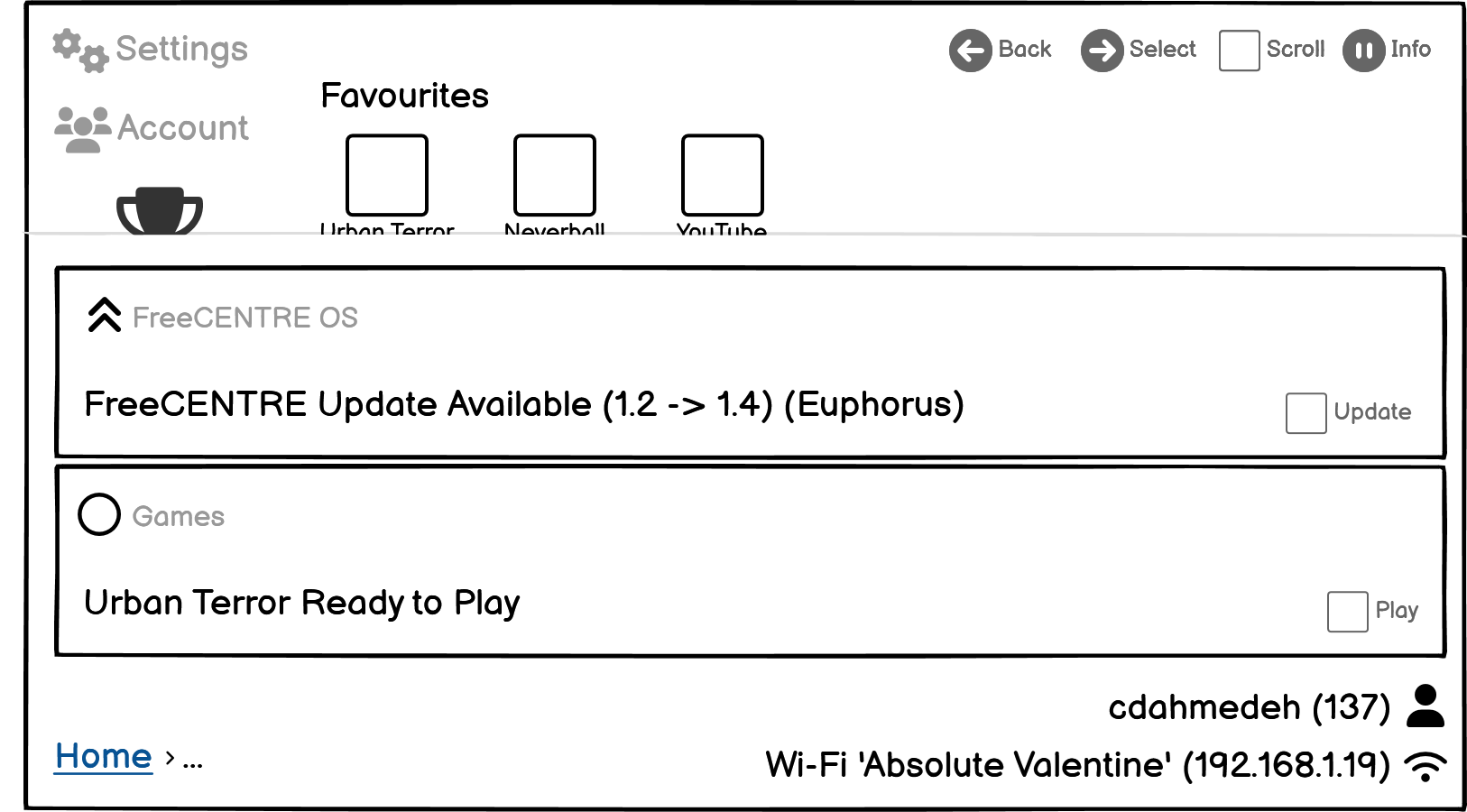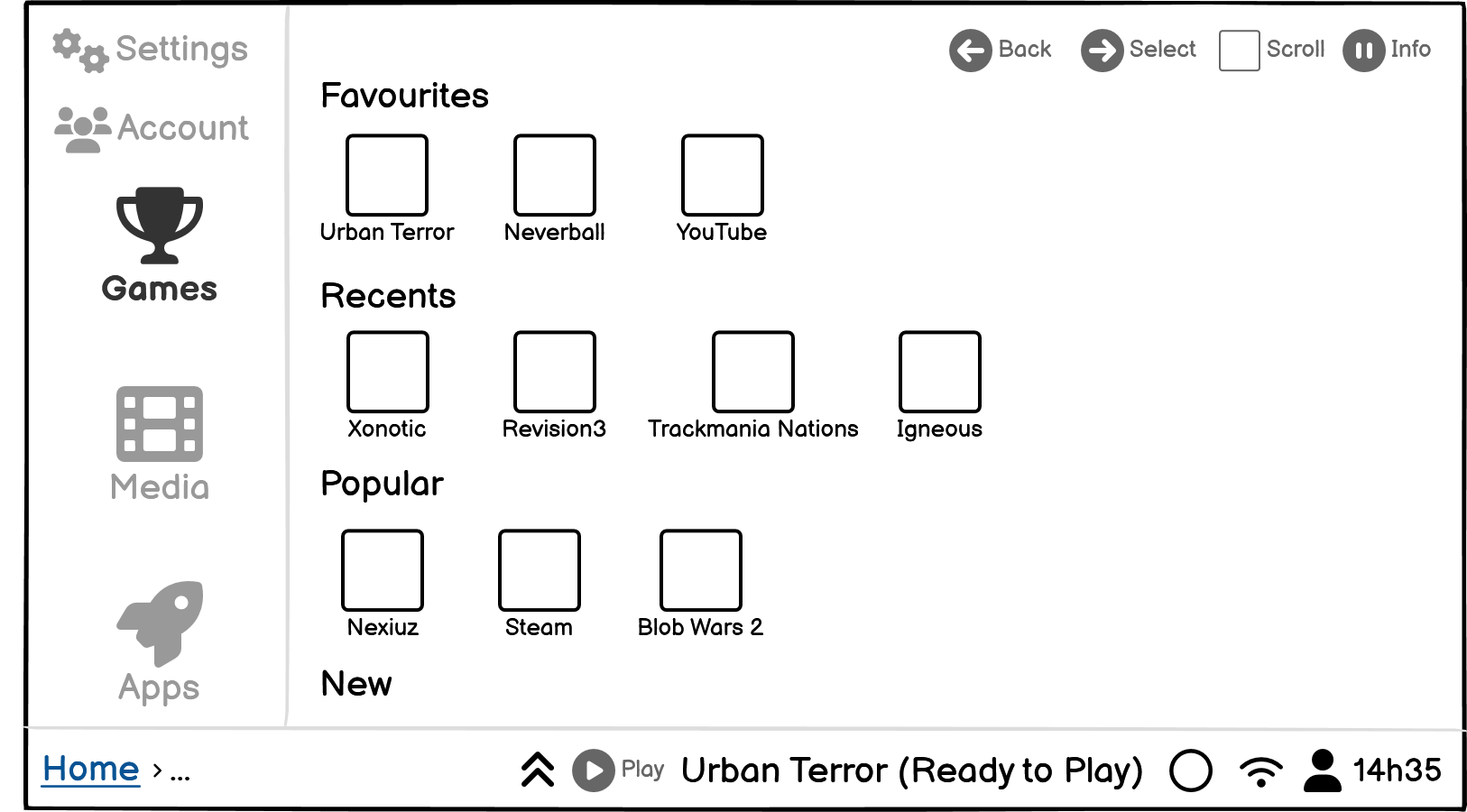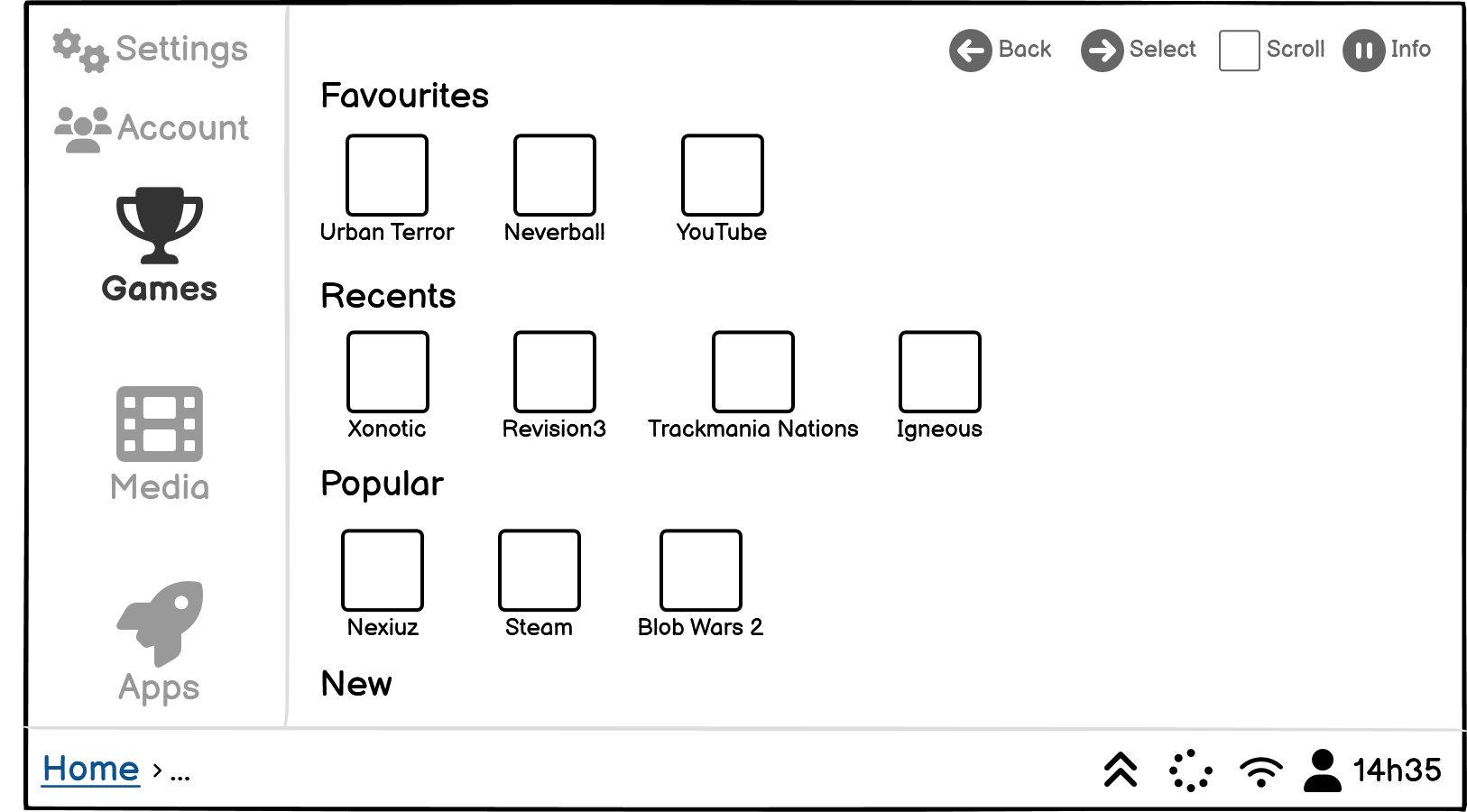It’s been almost 10 years since the FreeBASE idea was initiated. However, it was a massive failure due to realizing that we were competing in the wrong field and honestly being afraid of our shadow.
The biggest problem that I didn’t understand back in my university days is that good ideas don’t make good products. I mean, how great of a proposition is it? A game and media console that would play free content with thousands of freeware and open-source games and popular online series that were viewable at no cost.
We had a great team each with their own speciality me being software, someone else doing research for the free content, a web developer, a DevOps (before the term was even coined) expert but still looking for more. Several times, we even had amateur investors meeting with us because they were interested in taking the idea even further though all of them, at the end of the day, were skeptical of the idea and threw us out of the window.
At the time, the landscape was shaping up to be a quite competitive one and I was slightly scared of them. I mean, the giants Sony, Microsoft and Nintendo had a foothold on the market and we realized that we could never compete with them. But we had a bit of hope because other players tried to enter the market such as Boxer8’s OUYA and Valve’s Steam Machine made us feel like we can squeeze into the market too.
However, in retrospect several years later, after the project was canned, we saw Boxer8 and Valve fall flat on their faces with disastrous results. We were naïve at the time and couldn’t see the faults in our ‘competitors’. But, just like us, they were short-sighted, and failed to understand the market. Julie Uhrman, the founder of the OUYA project, had no idea what she was doing. For example, she claimed that the OUYA controller was the first to have a touchpad while she was oblivious to the fact that Sony’s Dual Shock controller beat them to it. What an embarrassment!
Valve’s idea fell on it’s face after selling so few Steam Machines that many people ended up buying them because they were cheap computers installing Windows on them to get rid of the subpar SteamOS. OUYA was even more embarrassing. The best selling game was TowerFall, but the developers revealed that only 7000 copies were sold. It was ported to PC and become a massive hit there.
At this point, I have to give up on insulting the other projects because ours was a much bigger failure. I was so confident that we would get somewhere but I began to feel fear and the whole team got disillusioned and split apart shortly after. The only evidence left is an idiotic YouTube video that looked like a teaser, for a teaser.
Our proposition brought challenges that our much larger competitors didn’t have to face.
First, we couldn’t build or design our own hardware, we decided to use off-the-shelf components but building such a machine was very expensive. We tried to make tiers to create multiple markets but it was as confusing as Windows Vista’s swath of editions. Our projections showed that our systems would be at least twice as expensive of current consoles with much less horsepower.
Second, we had to make money on hardware, we couldn’t sell it at a loss like the others. Since the games were free, we couldn’t make the creators pay licensing fees to have their game featured on the console. We saw Microsoft try this business model with making money on the console but they had to take so much shortcuts that the rings of death became a meme. In other words, these companies had such deep pockets that they could recuperate their losses with licensing fees, and that made their products make millions and billions of dollars.
Third, we made no market analysis at all. We didn’t know if anyone was actually interested in playing shoddy indie games made by someone in their free time. The quality of the games didn’t even touch the ones made by AAA publishers.
My main partner, who was helping me with building the software, put it so elegantly that we hit emotional walls and still haven’t learned our lessons from the failed project. It became really obvious that we didn’t have our shit together.
To this day, I still ruminate about the project because I wish it would be alive and successful. I did consider turning the hardware idea into just a Linux distro. There are already some poorly polished ideas such as Lutris which handles pretty much everything up to even installing patched versions of Wine for better compatibility.
The project still left a legend or legacy behind it, so here’s some images that invoked what we thought the FreeBASE interface would be like.
Leave some notes in the comments sections on your opinions and ideas on this failed project, or similar ideas you had, or even if you want to bring it back again.

